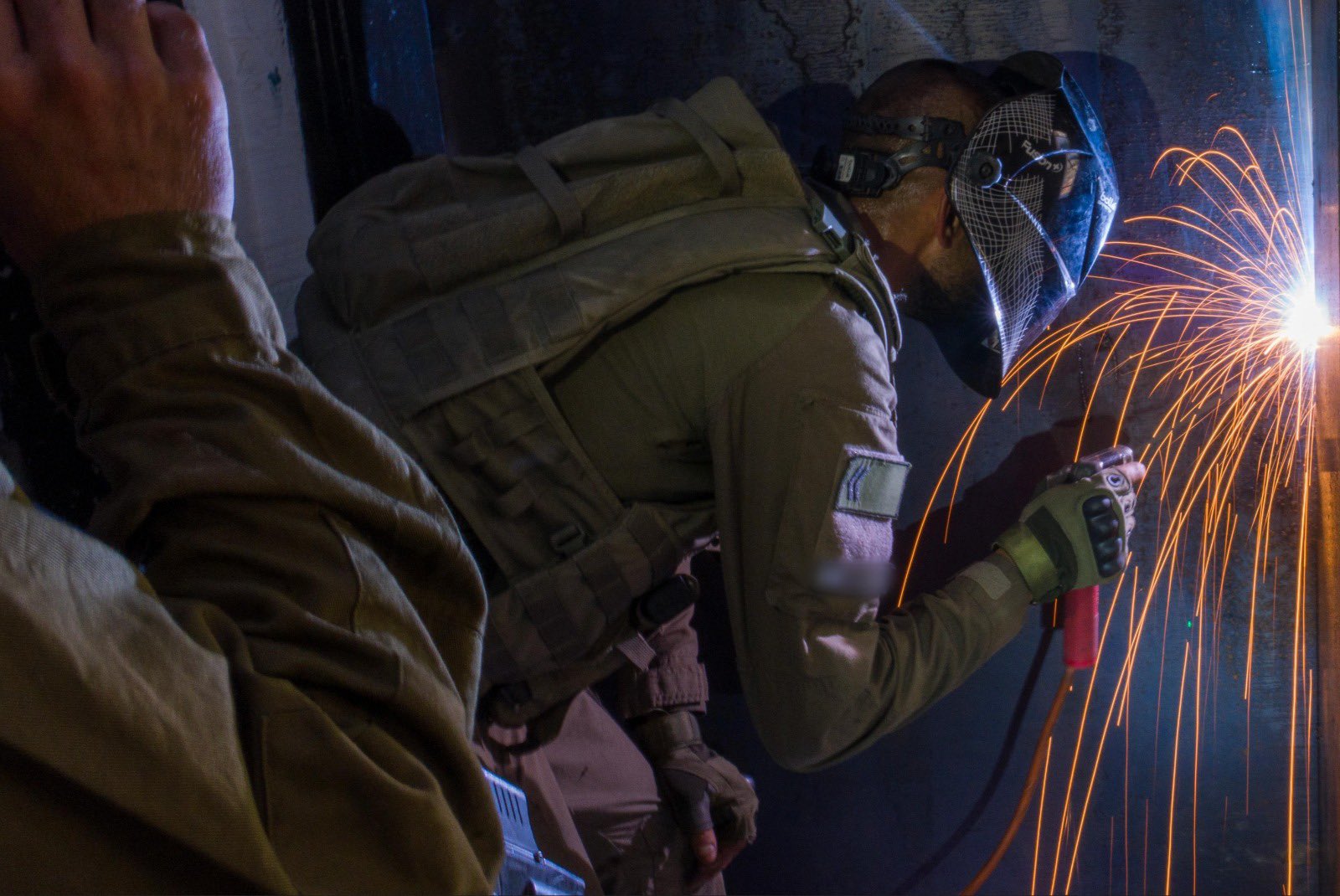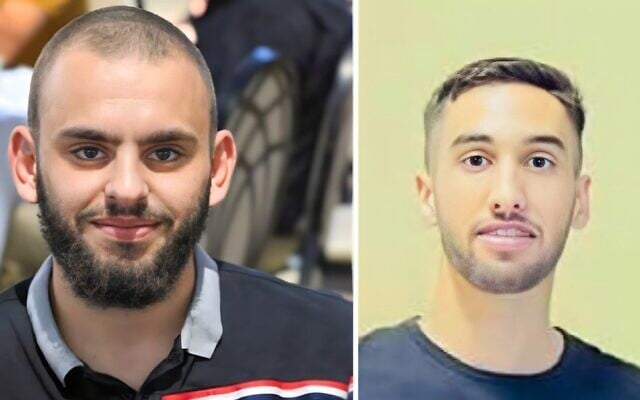


Israeli troops sealed the West Bank homes of the two Palestinian terrorists who carried out the deadly shooting attack in Jerusalem last week, the Israel Defense Forces said Saturday, in anticipation of their planned demolition.
The two gunmen, Mohammad Taha, 21, from Qatanna, and Muthanna Amro, 20, from Qubeiba, murdered six people and wounded over a dozen others at Ramot Junction before being killed by an off-duty soldier and armed civilians.
As a matter of policy, Israel demolishes the homes of Palestinians accused of carrying out deadly terror attacks. The homes of the two gunmen have already been surveyed for a potential demolition.
Sealing the homes of attackers is often a replacement or stopgap for demolishing them.
In general, the demolition process takes several months, as the High Court must address appeals by the family, and security forces often wait for an optimal time to enter Palestinian cities or neighborhoods for the operation.
In the past week, the IDF said troops also detained over 20 suspects in the hometowns of the terrorists and scanned over 700 sites. In addition, the Civil Administration, a Defense Ministry body under COGAT, demolished illegal structures in the two villages.
After the attack in Jerusalem, Defense Minister Israel Katz ordered authorities to impose “civil sanctions” on the relatives of the two terrorists as well as residents of Qatanna and Qubeiba, appearing to impose collective punishment on Palestinians who are not accused of involvement in or knowledge of the assault.
Katz said 750 work and entry permits to Israel would be revoked. Immediate family members of Palestinians accused of terror are barred from working in Israel as a matter of policy, but it is rarer for Israeli authorities to revoke work permits of more distant relatives.
Israeli officials have said the policy is intended to dissuade Palestinians from planning terror attacks, as doing so will harm their extended families’ livelihood. Critics have called it collective punishment.

“Collective punishment is prohibited under both Israeli law and international humanitarian law. Such actions are war crimes,” Association for Civil Rights in Israel (ACRI) wrote to Attorney General Gali Baharav-Miara. “We ask you to instruct the Defense Ministry and the army to immediately cease committing war crimes.”
The Attorney General’s Office declined to comment on the letter.

